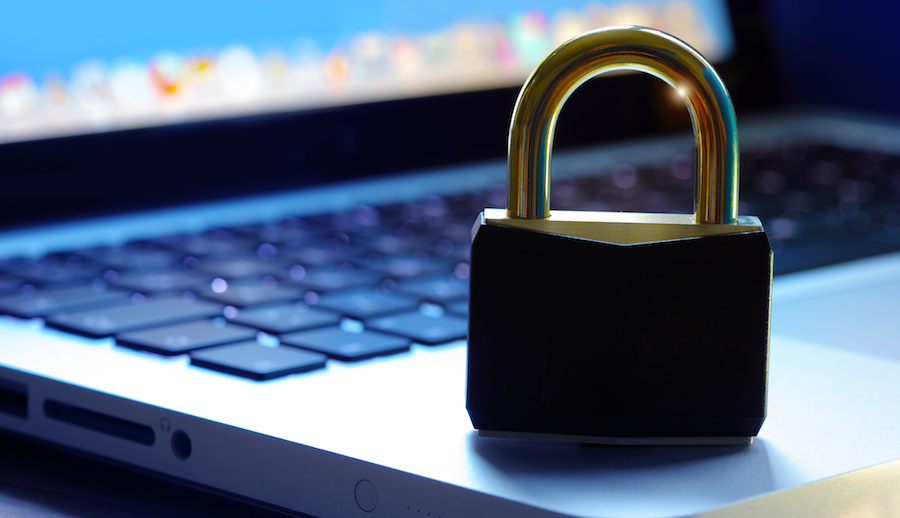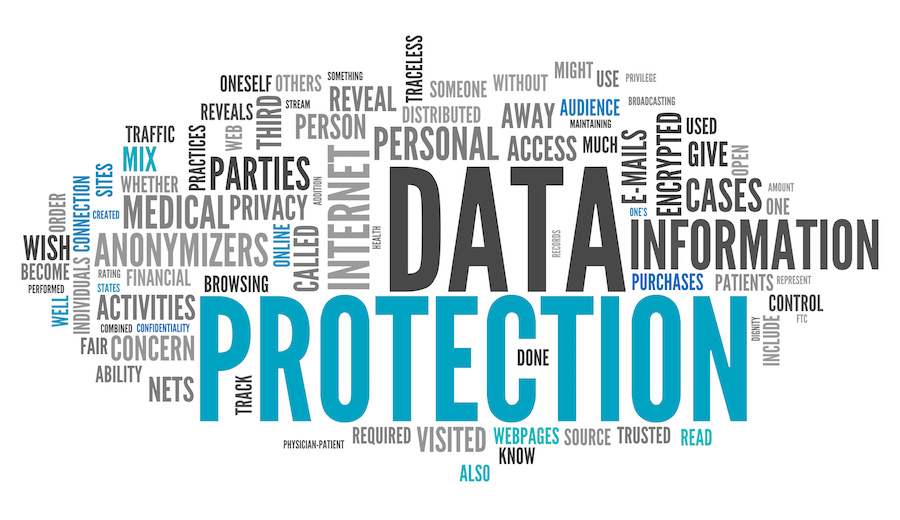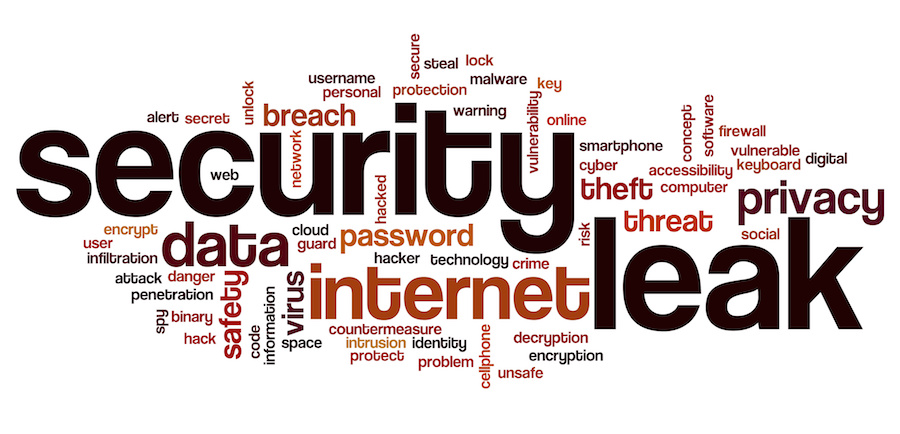Keeping your personal information secure is an important issue. With unscrupulous individuals, you can never be too careful when it comes to highly sensitive documents. Whether it’s in the form of a letter that contains intimate details about you, such as a bank statement, or a document that refers to private plans, such as the minutes from a business meeting; protecting your personal data is of the upmost importance.
With so much data being stored securely online in the cloud, people may neglect to properly secure a hard-copy of their information. Everyone is concerned about online privacy, and rightly so, but it’s also important to remember that protecting your offline details is just as vital.
83% of people store personal information as in paper form (Source: Stop-IDFraud), and protecting the potentially sensitive material contained within all these papers can be difficult if you don’t fully comprehend the risks at hand. Identifying potential threats and understanding the possible solutions to keep them from happening are two key elements of successful data management.
Loss
Like it or not, humans are fickle and forgetful creatures. It is possible for your attention to be completely focussed on a piece of information, only to be distracted for a second, or store it away somewhere safe and instantly forget where it is. Whilst retracing your steps may help if you’re in a contained environment, such as an office or at home, losing personal information whilst you’re on the go can be a much more serious matter.
In an ideal world, if you were to leave a document unattended in a public space people would either leave it exactly where it is, store it the nearest establishment’s lost property or attempt to return it to you.
It’s not just important documents that you have to be wary of either, people carry around a whole host of personal information every day, in the form of credit cards, driver’s licences and much more. Losing your wallet, bag or any one of those cards can be catastrophic. It is of course possible to track you down using information contained on these documents, but sadly not everyone is this truthful, and leaving sensitive information unattended can have very serious ramifications.
Theft
If you do leave your personal documents unsecure somewhere in public, it’s highly likely that someone will remove them with unethical intentions. Of course, a similar thing can happen if you leave your documents unsecured at home or in the office. If your document storage space does not have sufficient security then it’s just as susceptible to burglars.
Why would people want to acquire your personal information in the first place? Identity theft and credit card fraud are two of the UK’s fastest growing crimes, with 75% of people having been subjected to some kind of fraudulent activity. Identity theft is an incredibly lucrative crime, which costs each of its victims over £1000 on average (Source: Stop-IDFraud).
This is partly down to the improper destruction of documents, as 47% of people don’t always shred their documents efficiently before discarding them (Source: Stop-IDFraud). It’s vital that people invest in an effective shredding solution before disposing of their personal documents.
We live in a digital generation, where nearly everyone possesses a smartphone capable of recording any situation at a moment’s notice. This can lead to thieves creating unlawful copies of your personal information, even if they’re only given access to it small amount of time.
Damage and Destruction
Backing-up your information onto a hard copy is an ideal way to ensure that you have it recorded, but if not stored correctly, your personal information may fall victim to the elements. There are of course unnatural elements, which are possible to manage, such as wear and tear through usage or vandalism (whether it’s unintentional or not). These can be solved by ensuring you have copies of your information, in both digital and hard copy form, and that these are all stored securely.
The natural elements, such as fire and damp, are slightly harder to police, but their risks can be reduced if the correct precautionary measures are taken.
Solutions
It’s important to keep your personal information organised. Develop a selective sorting solution where you rank your documents by how important they are, and decide what you need to keep, what you need to back-up and what you need to destroy. When it comes to destroying your information, don’t just cut up your documents and leave them in an unlocked bin, make sure there adequately shredded and disposed of properly.
Secure storage is the best solution to keeping your documents safe. Storing your information in fire-proof rooms with 24 hour site security eliminates the vast majority of potential risks and helps to keep your documents properly preserved. Your personal information is much safer if it’s secured under lock and key, or even better, in specialised storage rooms with uniquely coded keypad entry systems.










